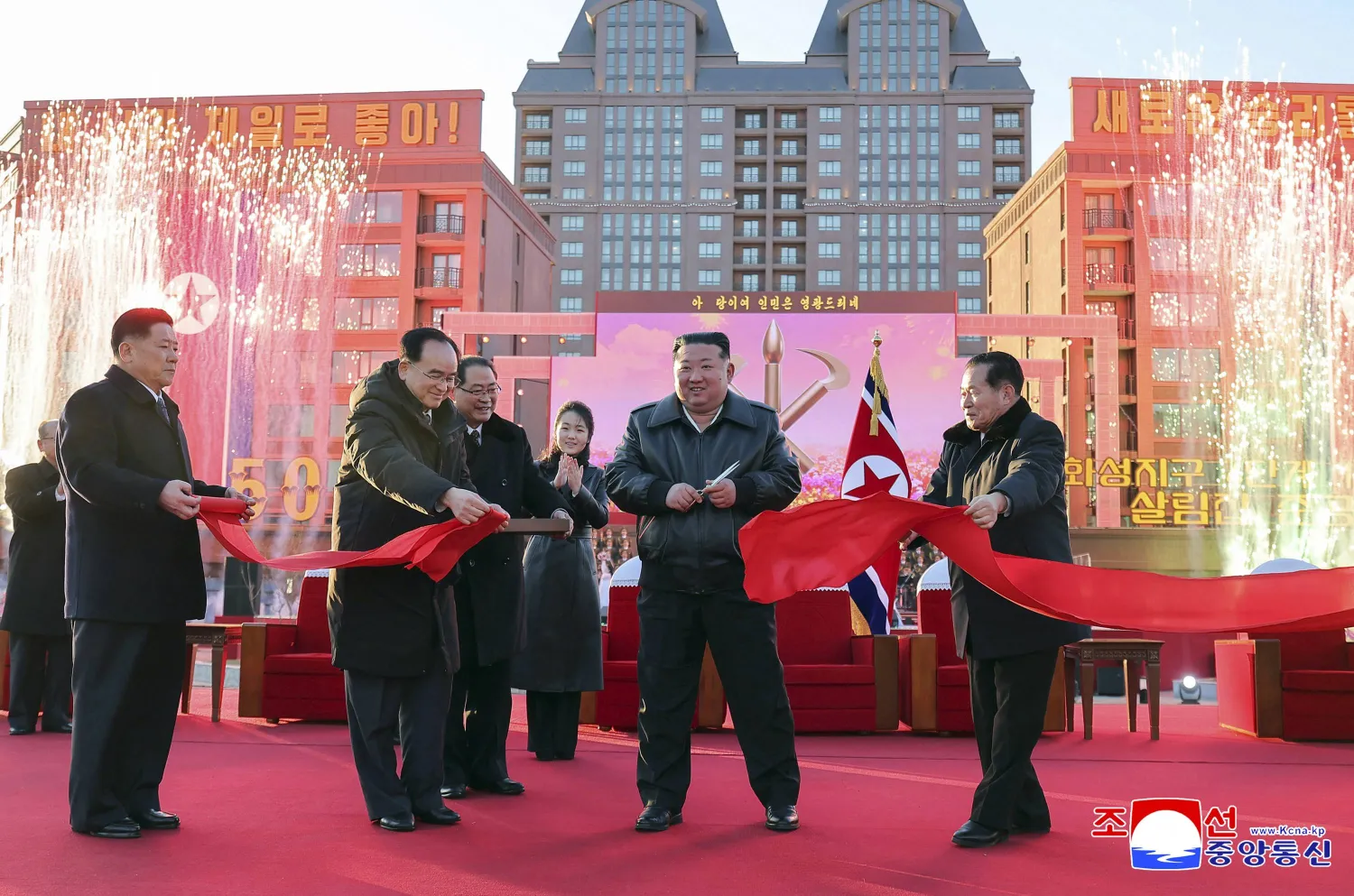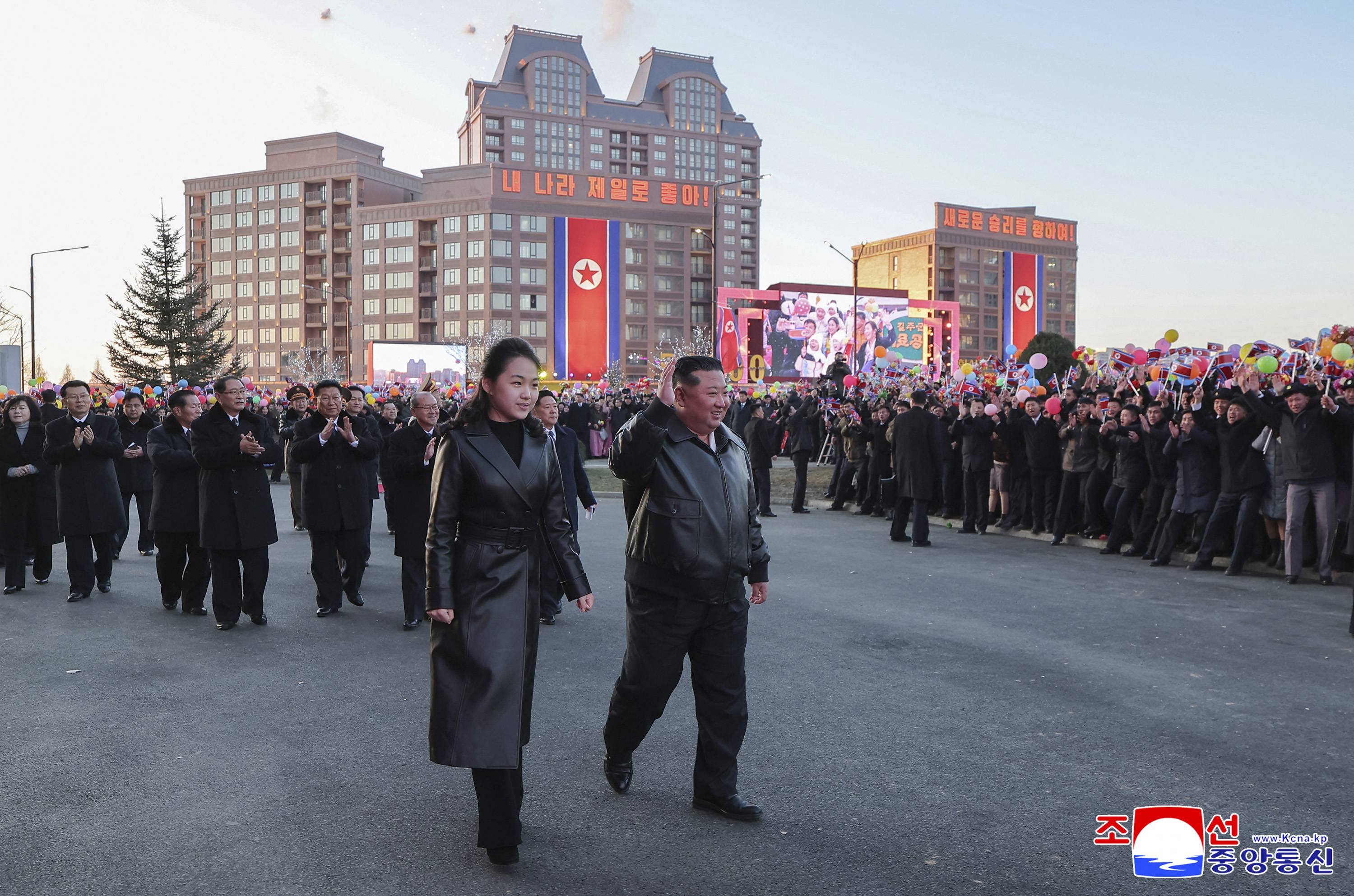Iranian Supreme Leader Ali Khamenei continued changing senior commanders of the armed forces. In the latest sudden change, Khamenei issued two separate decrees on Monday appointing Major General Abdolrahim Mousavi as new commander-in-chief for Army and assigning a new post to former Commander Major General Ataollah Salehi as deputy chief of staff of the Iranian Armed Forces.
General Mousavi was deputy chief of staff of the Iranian Armed Forces prior to his appointment.
Praising the two-star general for his “genuine service” and “valuable experience and record of commandership”, Khamenei said that Salehi has been appointed to the new post upon a proposal by Chief of Staff of the Iranian Armed Forces Major General Mohammad Hossein Baqeri.
Notably, General Salehi was commander of Iranian Army for 12 years prior to his appointment.
In this context, and in the decree in which Mousavi has risen to the rank of major general and has been assigned to the Army Chief, Khamenei stressed the need for a “revolutionary attitude” in commanding the Army in order to “boost the combat capabilities and preparedness” of the forces.
He has repeatedly stressed the need for strengthening the country’s military power and called on the Armed Forces to maintain a high level of preparedness.
Khamenei also thanked Salehi and Mousavi for their loyal services to the Islamic Republic and wished them good luck in their new military posts.
Mousavi, 57, served as armed forces deputy chief of staff from 2016 to 2017. He was second-in-command of the Army from 2008 to 2016.
For his part, Salehi, 67, served as the Army chief from 2005 until 2017. As head of Iran's regular military he was a member of the Supreme National Security Council; Salehi was the third Army chief since the 1979 Islamic Revolution.
The new appointment came one day after the parliament gave the highest votes for Brigadier General Amir Hatami to confirm him as defense minister.










